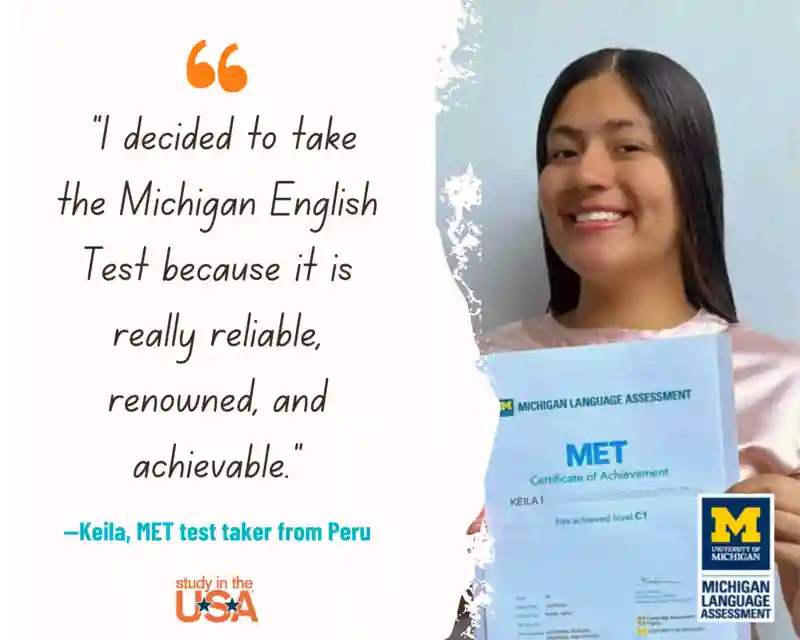Discover Your ELSA Score — an AI-Powered Visualization of Your English Speaking Proficiency in real time

Earlier this summer, we launched Your ELSA Score, an innovative scoring feature that provides effective feedback on learner’s strengths and weaknesses in five distinct areas of English speaking proficiency. The scores get updated with each lesson, so you can see analysis of your lesson-by-lesson progress and effectively tackle your weaknesses with personalized lesson plans.
What is Your ELSA Score?
Introducing five sub-scores in Your ELSA Score
- Segmental skills (pronouncing individual phonemes)
- Prosodic skills (also called suprasegmental features and including intonation, world stress, and fluency)¹
- Listening skill (the ability to hear the difference between two similar phonemes, which is important in helping language learners learn how to pronounce those sounds correctly)
When we first launched the ELSA app, our technology was only able to provide a phonetic pronunciation score. Since pronouncing the sounds of English is such a key component of English speaking ability, ELSA’s primary focus has been on helping learners to improve this skill. At the same time, prosodic skills, such as rhythm and intonation, are also essential for learners seeking to achieve a higher level of speaking proficiency and a more natural command of English. Because of this, we decided it was important for us to find ways to detect and evaluate prosodic features, along with pronunciation of English phonemes. It took us years of internal research combined with a collection of millions of hours of human speech data to analyze and decades of external research in the field, but this summer, we were finally able to introduce Your ELSA Score.
With this feature, ELSA is providing something truly unique: holistic and real-time feedback of English speaking proficiency that assesses five core skills simultaneously (including prosodic skills that have been historically tough to measure).
In collaboration with the world’s top linguistic experts, we identified five skills to evaluate with Your ELSA Score. These five skills are key aspects of English speaking proficiency and include:
Your ELSA Score and five elements of English speaking proficiency
While the segmental side (what we’re simply calling “pronunciation”) is the most important foundational skill for most beginners, since it has such a strong impact on intelligibility, suprasegmental features are absolutely crucial to achieving higher speaking proficiency and naturalness in communicating whole phrases².
Despite this, prosodic elements have historically been underemphasized in English language pedagogy due to the difficulty in teaching them and a lack of tools and solutions to support training of these advanced skills¹.As of today, it’s still considered difficult to accurately measure prosodic skills in human speech.
With ELSA’s AI and deep learning capabilities, it has become possible to evaluate and provide feedback on these skills with precision and consistency beyond what a human accent coach can offer. Our technology also allows learners to adjust their learning plans based on skill levels. For example, beginners get more emphasis on pronunciation as it’s essential for being understood. Later, as learners get more advanced, fluency, word stress, and intonation become more important for improvement².
Evaluation metrics for Pronunciation, Fluency, Intonation and Word Stress. Our scoring system mirrors linguistic markers proven by academic research¹.
Get better faster with Your ELSA Score
Since we launched Your ELSA Score in June (on Android) and July (on iOS), we’ve seen nearly half a million ELSA community members take advantage of this new feature. Learners who keep track of their scores on ELSA finish twice as many lessons and experience faster progress compared to those who don’t check their scores, with roughly 20% more improvement within a few weeks.
How to get started with Your ELSA Score
There are two ways to get started building your skills and improving Your ELSA Score.
First approach (recommended):
- Start by taking the assessment test on ELSA. Once you finish it, 3 of the 5 skills in Your ELSA Score will be updated: Pronunciation, Fluency, and Intonation. Listening and Word Stress are not evaluated as a part of the initial assessment test.
- ELSA will then create a personalized learning path for you so you can focus on your weaknesses. As you complete more lessons to cover all five skills, Your ELSA Score will be updated accordingly to reflect your latest progress.
Second approach:
- If you don’t have time to take the assessment test yet, Your ELSA Score will not show your levels until you take enough lessons recommended by ELSA. Your scores might not get updated instantly, as our AI needs to collect enough data from your speech to provide an accurate assessment. The more time you practice with ELSA, the more accurate your score will be.
We hope this feature, coupled with our customizable content, can help English learners all over the world improve faster and gain confidence as English speakers.
Get ELSA Speak for iOS and Android https://elsaspeak.com/en/inf
The ELSA team
References:
- Ma, Rui. (2015) The Role of Pronunciation in Speaking Test Ratings. https://scholarsarchive.byu.edu/etd/4426
- Roach, Peter. (2009) English Phonetics and Phonology: A Practical Course. Cambridge: Cambridge University Press.
ELSA
Get matched to the best program for you
Let us know what you're looking for so we can find the best school for you.
Useful Articles
Проверьте эти учебные заведения




East Los Angeles College
Typical cost per Semester: $10,000 — $15,000

University of North Georgia
Typical cost per Year: $15,000—$20,000

Santa Rosa Junior College
Typical cost per Year: $10,000 — $15,000
Start your U.S. adventure with Study in the USA

Learn About U.S. education financing, housing, and more
Resources
Learn about American culture and education direct from our experts at Study in the USA. Read more















